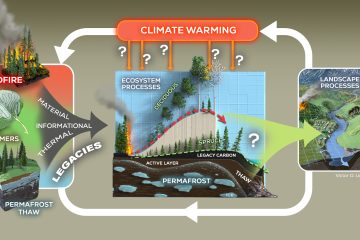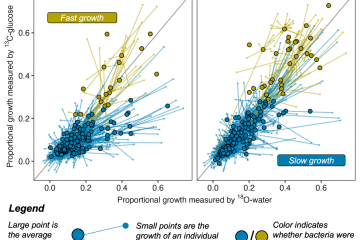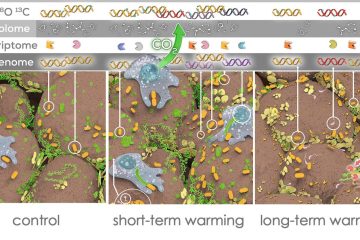Microbial Community Responses to Increased Water and Organic Matter in the Arid Soils of the McMurdo Dry Valleys, Antarctica
The soils of the McMurdo Dry Valleys, Antarctica are an extreme polar desert, inhabited exclusively by microscopic taxa. This region is on the threshold of anticipated climate change, with glacial melt, permafrost thaw, and the melting of massive buried ice increasing liquid water availability and mobilizing soil nutrients. Experimental water and organic matter (OM) amendments were applied to investigate how these climate change effects may impact the soil communities. To identify active taxa and their functions, total community RNA transcripts were sequenced and annotated, and amended soils were compared with unamended control soils using differential abundance and expression analyses. Overall, taxonomic diversity declined with amendments of water and organic matter. The domain Bacteria increased with both amendments while Eukaryota declined from 38% of all taxa in control soils to 8% and 11% in water and OM amended soils, respectively. Among bacterial phyla, Actinobacteria (59%) dominated water-amended soils and Firmicutes (45%) dominated OM amended soils. Three bacterial phyla (Actinobacteria, Proteobacteria, and Firmicutes) were primarily responsible for the observed positive functional responses, while eukaryotic taxa experienced the majority (27 of 34) of significant transcript losses. These results indicated that as climate changes in this region, a replacement of endemic taxa adapted to dry, oligotrophic conditions by generalist, copiotrophic taxa is likely.


